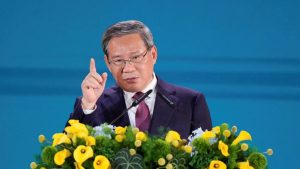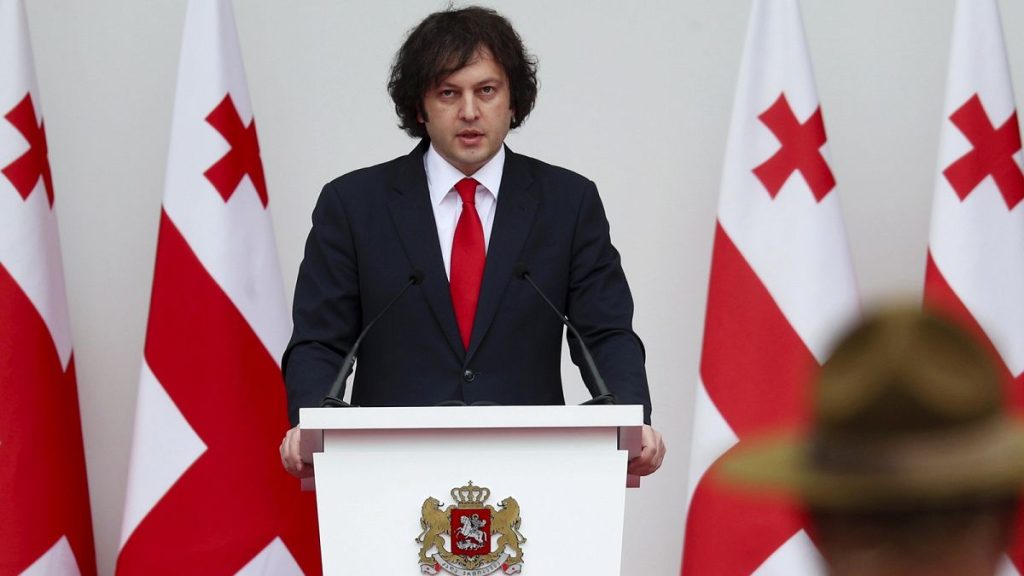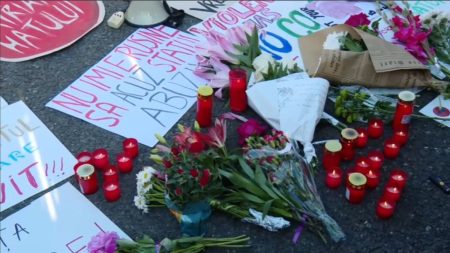The European Commission’s proposal to suspend visa-free travel for Georgian diplomats and officials marks a significant escalation in the EU’s response to the ongoing political turmoil in Georgia. Triggered by the Georgian government’s violent crackdown on pro-EU protesters and its controversial postponement of EU membership talks, the move aims to pressure the ruling Georgian Dream party to respect democratic principles and uphold its commitments to European integration. The proposal, however, stops short of targeting the general Georgian population, focusing solely on holders of diplomatic and service passports. This measured approach reflects the EU’s desire to avoid punishing ordinary citizens while sending a clear message of disapproval to the Georgian authorities. The ongoing protests, ignited by Prime Minister Irakli Kobakhidze’s unexpected announcement to delay EU accession talks until 2028, have exposed deep-seated tensions within Georgian society and raised concerns about the country’s democratic trajectory.
The protests, now spanning several weeks, stem from a growing disillusionment with the Georgian Dream party’s perceived drift away from European values and towards closer alignment with Russia. The government’s heavy-handed response to the demonstrations, including the use of excessive force, arrests of opposition figures, and allegations of torture and mistreatment, has further fueled public anger and drawn sharp criticism from international observers. The EU’s proposal to suspend visa-free travel for Georgian diplomats comes after earlier attempts to impose sanctions on Georgian officials were blocked by Hungary and Slovakia, two member states with historically close ties to Russia. This resistance underscores the complexities of navigating geopolitical interests within the EU and the challenges of achieving a unified response to democratic backsliding in neighboring countries.
The Commission’s proposal, while limited in scope, represents a tangible consequence for the Georgian government’s actions. By removing the visa-free travel privilege for diplomats and officials, the EU aims to signal its disapproval of the crackdown on protesters and the erosion of democratic norms. The move also serves as a warning that further measures could be taken if the Georgian authorities fail to address the EU’s concerns. The proposal requires only a qualified majority of member states to pass, bypassing the veto power of Hungary and Slovakia. This mechanism allows the EU to act more decisively in situations where unanimity is difficult to achieve. However, questions remain about the effectiveness of this targeted approach and whether it will be sufficient to induce meaningful change in Georgia’s political landscape.
The decision to exempt ordinary Georgian citizens from the visa suspension reflects the EU’s understanding of the delicate situation on the ground. Suspending visa-free travel for the general population could inadvertently punish those who are exercising their right to peaceful protest and seeking closer ties with Europe. Such a move could also play into the hands of the Georgian government, providing further justification for its narrative of external interference. Instead, the EU has opted for a more targeted approach, focusing on those directly responsible for the crackdown and sending a clear signal to the Georgian leadership that their actions have consequences.
The ongoing political crisis in Georgia highlights the challenges facing countries in the EU’s Eastern neighborhood as they navigate complex geopolitical pressures and strive to balance their relationships with both Russia and the West. Georgia’s experience serves as a reminder of the fragility of democratic progress and the importance of continued vigilance in upholding fundamental freedoms and the rule of law. The EU’s response, while calibrated, underscores its commitment to supporting democratic values and holding partners accountable for their actions. The effectiveness of this approach, however, will ultimately depend on the Georgian government’s willingness to engage in meaningful dialogue and address the underlying concerns driving the protests.
The EU’s decision to suspend visa-free travel for Georgian diplomats and officials represents a carefully considered response to a complex and evolving situation. While stopping short of broader sanctions or targeting the general population, the move sends a clear message to the Georgian authorities that their actions have consequences and that continued repression of peaceful protests will not be tolerated. The EU’s approach reflects a balance between the need to uphold democratic values and the desire to avoid exacerbating tensions or punishing ordinary citizens. The effectiveness of this measured response remains to be seen, but it underscores the EU’s commitment to supporting democratic aspirations in its Eastern neighborhood and holding partners accountable for their commitments.










